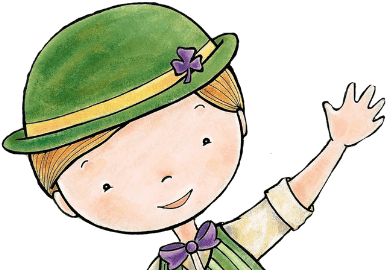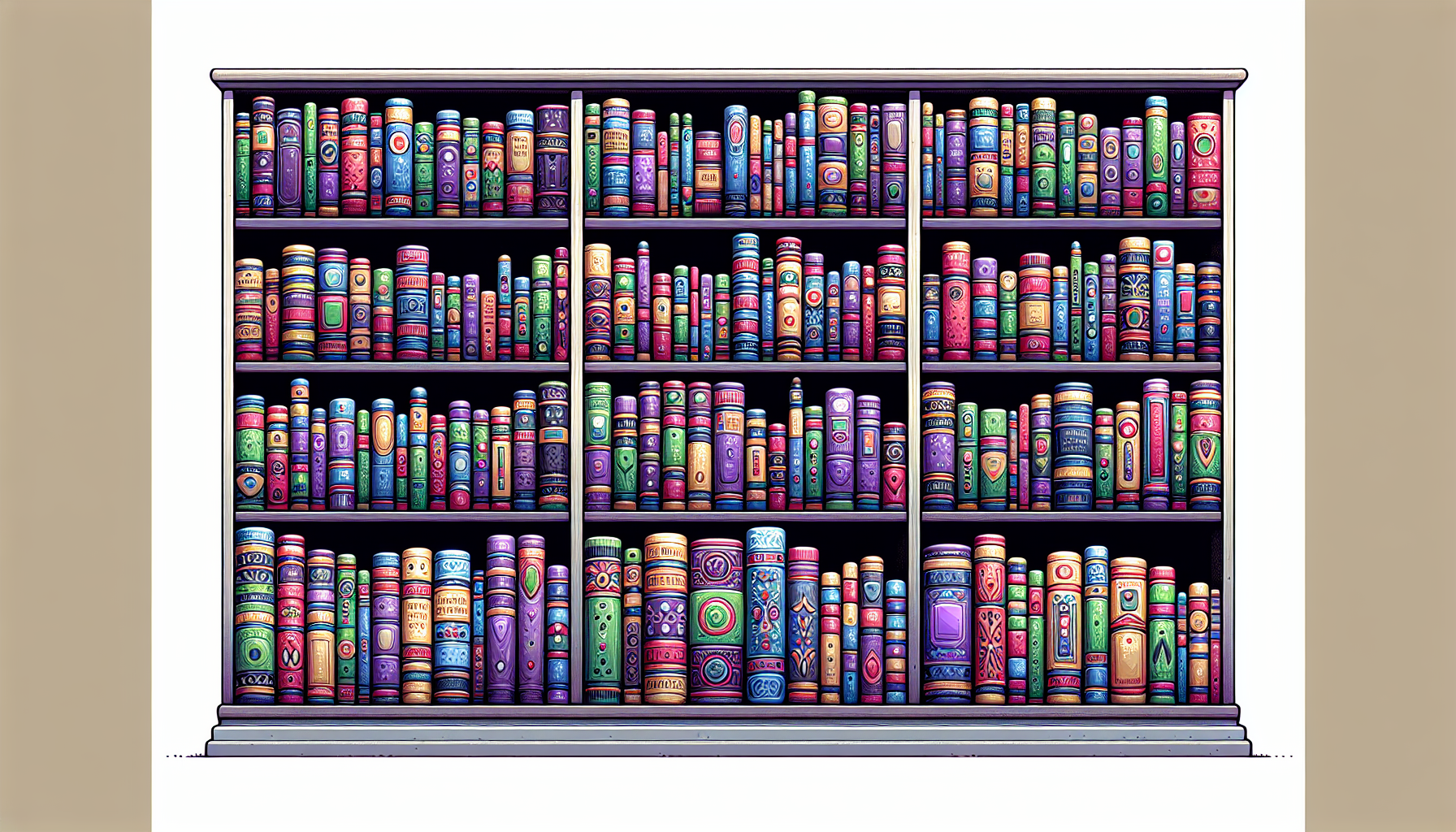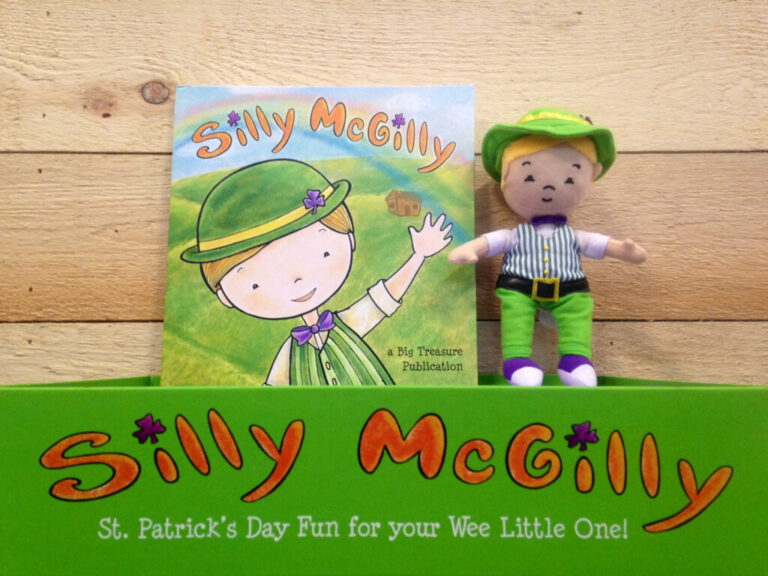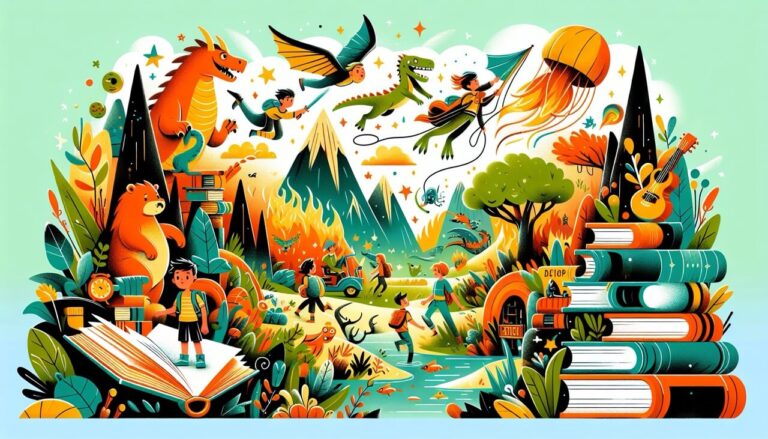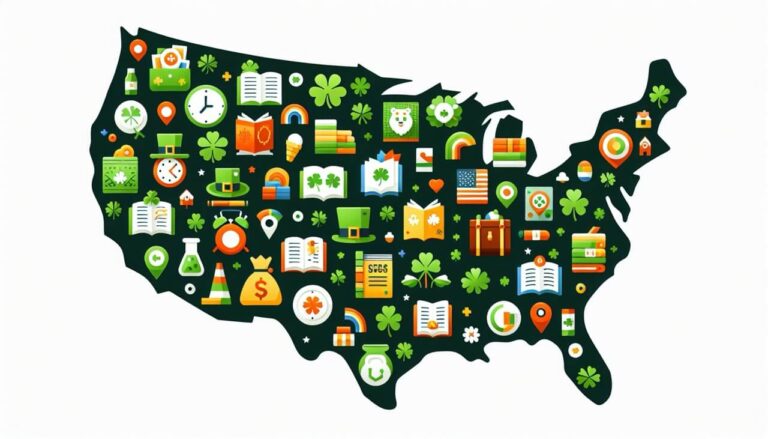How to Find Age-Appropriate Books for Your Child
When selecting age-appropriate books for your child, understanding reading levels is your first step. Reading levels can often be found printed on the book itself or in the book’s online description. These levels are designed to match the content and language of the book with the developmental stage of the reader. Keep in mind, reading levels are not just about age but also about the complexity of sentences, vocabulary, themes, and the conceptual challenges presented by the book.
It’s important to match these levels with your child’s current reading ability, which might not always correspond directly to their age. Some children might read above or below the standard level expected for their age, and that’s perfectly okay. A benefit here is that by choosing books that align well with your child’s reading ability, you can help boost their confidence and enjoyment in reading, which is crucial for developing a lifelong passion for books.
Knowing Your Child’s Interests
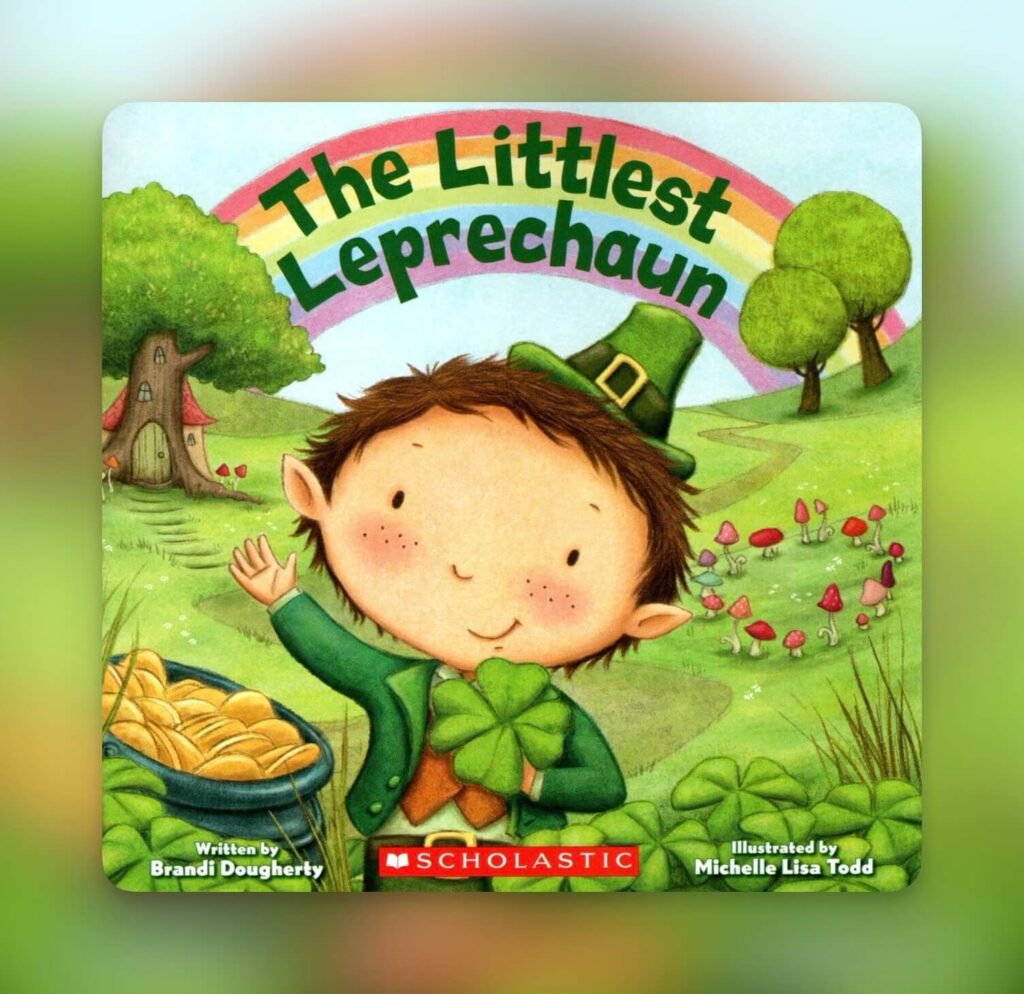
One advantage of knowing your child’s interests is that it can significantly enhance their engagement with reading. Children are more likely to read books that contain themes or characters they are already curious about. Whether it’s dinosaurs, space, princesses, or mysteries, books that align with these interests can captivate their attention for longer periods.
To find out what your child loves, observe the games they play, the TV shows they are drawn to, and listen to their daydreams and conversations. You can also directly ask them what types of stories or characters they like the most. Remember, the goal is to make reading an enjoyable activity, not a chore, and aligning their books with their interests is a surefire way to achieve this.
Consider holidays (St. Patrick’s Day example)
Holidays provide a wonderful opportunity to introduce thematic books that are both educational and fun. For instance, around St. Patrick’s Day, you can choose books that explore Irish folklore, stories about leprechauns, or even books about the history and culture of Ireland. This not only makes the reading experience timely and exciting but also deepens the child’s understanding of world cultures and celebrations.
Keep in mind, holiday-themed books often come with colorful illustrations and engaging narratives that can enhance the festive spirit. For example, reading about the mischievous adventures of Silly McGilly during St. Patrick’s Day can add an element of joy and anticipation to the holiday while providing a playful way to learn about this cultural celebration.
Using Online Resources and Tools
In today’s connected world, numerous online resources and tools can help you find books that are just right for your child. Websites like Common Sense Media or The Children’s Book Review offer detailed reviews and age recommendations for countless books. These platforms often feature advanced search options that allow you to filter books based on age, reading level, themes, and even language.
Additionally, many educational websites have tools that can help you assess your child’s reading level, which you can then use to find books that match. These online resources are invaluable for keeping up-to-date with the latest and most popular children’s books that cater to a diverse range of interests and learning needs.
Seeking Recommendations from Educators
Educators, particularly those who specialize in children’s literacy, are a treasure trove of information when it comes to recommending age-appropriate books. They have extensive experience with books that not only entertain but also educate. Teachers often know which books are popular among children and which titles effectively cater to different reading levels and learning styles.
Don’t hesitate to reach out to your child’s teacher or local librarians for book suggestions. These professionals can provide insights that are tailored to your child’s developmental stage and interests. Moreover, they can suggest books that align with the educational curriculum, thereby reinforcing what your child learns at school.
Visiting Bookstores and Libraries
There’s something inherently exciting about visiting a bookstore or library. These places are filled with possibilities and can be great venues for children to explore books firsthand. Allow your child to browse and pick out books that catch their interest. This not only makes them feel involved in the process but also gives them a sense of independence in their reading choices.
Libraries, in particular, are great because they often host story hours or reading sessions for children, which can be a fantastic way to introduce them to new books and genres. Additionally, librarians can offer personalized recommendations and help you locate books that are perfect for your child’s age and interests. Libraries also provide access to a wide range of books without the commitment of purchase, making it easier to explore a variety of genres and authors.
Checking Reviews and Awards
When selecting books for your child, checking reviews and awards can be incredibly helpful. Reviews from other parents, educators, and even children themselves can provide insights into how a book is received by its intended audience. These reviews often highlight aspects of the book such as the quality of the writing, the appeal of the illustrations, and the appropriateness of the content for certain age groups.
Awards are another great indicator of a book’s quality and appeal. Books that have won awards like the Caldecott Medal, the Newbery Medal, or international recognitions such as the Hans Christian Andersen Award, generally meet a high standard of literary and educational quality. Note that while an award isn’t the only indication of a good book, it does provide a vetted starting point for choosing high-quality literature.
Exploring Various Genres
Exploring various genres is crucial in developing a well-rounded reading habit in your child. From fantasy and science fiction to biography and non-fiction, each genre offers different benefits and appeals to different interests. For instance, fantasy can stimulate imagination, science fiction can inspire curiosity about technology and the future, while non-fiction can provide factual information about the world.
Encourage your child to read a variety of genres to discover what they enjoy most, but also to expose them to different writing styles and topics. This not only keeps their reading experience interesting but also enhances their learning and comprehension skills. A big plus here is that by diversifying their reading material, children can develop empathy and understanding for various perspectives and cultures.
Rotating Books to Maintain Interest
Rotating books regularly is a great strategy to maintain your child’s interest in reading. Just as adults may not enjoy reading the same type of book repeatedly, children also need variety to stay engaged. By introducing new books while revisiting old favorites, you can keep the reading material fresh and exciting.
Consider setting up a monthly or bi-monthly schedule where you and your child choose new books to read together. This not only helps in building an anticipatory excitement about what’s coming next but also provides a regular opportunity to discuss what types of books your child is currently interested in. Libraries can be particularly useful for this, as they allow you to borrow multiple books at once without a permanent commitment.
Conclusion
Finding age-appropriate books for your child involves understanding their reading level and interests, utilizing resources like online tools, educators, and libraries, and ensuring a variety of genres and regularly updated selections. Remember, the goal is to cultivate a love for reading by making books an accessible, enjoyable, and integral part of your child’s daily life. Keep in mind that as your child grows, their interests and reading levels will evolve, so ongoing engagement with their reading journey is key. Happy reading, and may your child’s bookshelf be ever-brimming with stories that enlighten, entertain, and inspire!
